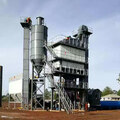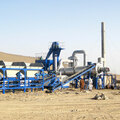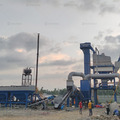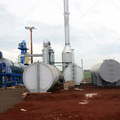For construction teams managing scattered road projects, such as maintenance tasks and small-scale new builds, the strategic use of mobile asphalt plants and mobile drum mix plants provides significant advantages. These two types of equipment complement each other effectively, expanding service coverage and balancing production flexibility. By leveraging the strengths of both systems, teams can efficiently respond to varying project demands.
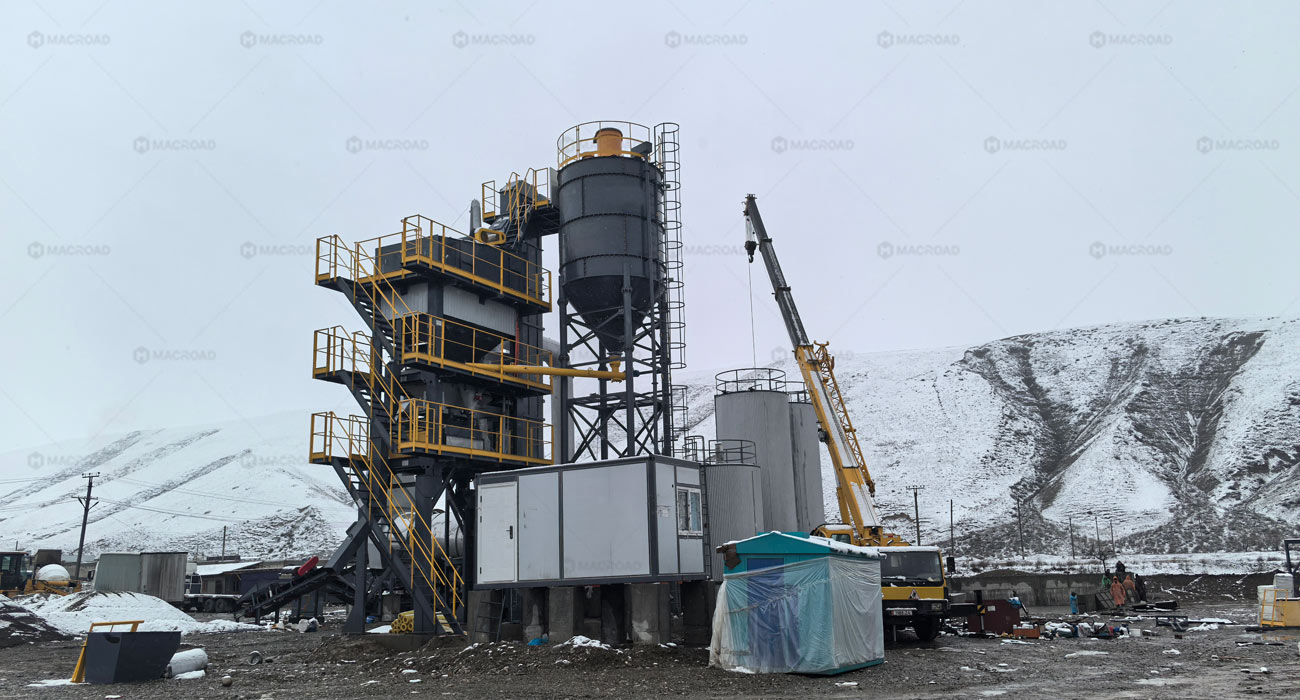
Advantages of Mobile Asphalt Plants
Mobile asphalt plants are designed for versatility and swift deployment, making them ideal for projects that require a quick turnaround. Their compact design allows construction teams to transport the plant easily to remote or urban locations, addressing different project requirements with minimal setup time.
These mobile units are capable of producing high-quality asphalt mixes, suitable for a range of applications from patching existing roads to laying down new surfaces. Their adaptability to local conditions—such as varying materials and environmental factors—ensures that construction teams can maintain quality without sacrificing efficiency. This is particularly beneficial for scattered road projects, where different sites may present unique challenges.
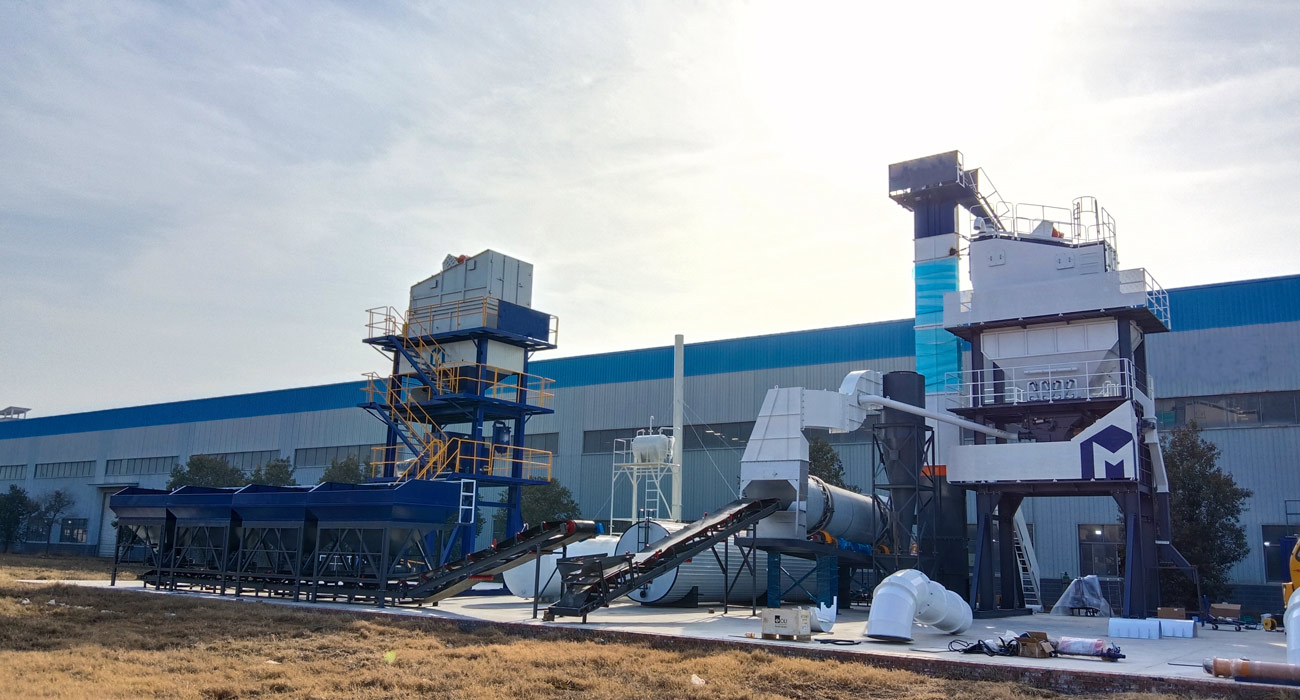
Functionality of Mobile Drum Mix Plants
On the other hand, mobile drum mix plants provide a continuous mixing process that is highly efficient for larger volume demands. These plants focus on fast production and are engineered for constant operation, allowing teams to quickly generate asphalt at a consistent rate.
For construction teams managing multiple projects, mobile drum mix plants can supply the required asphalt without delays, making them essential for initiatives where time is of the essence. Their continuous output complements the flexibility of mobile asphalt plants, providing a reliable source of asphalt when larger quantities are needed for specific jobs.
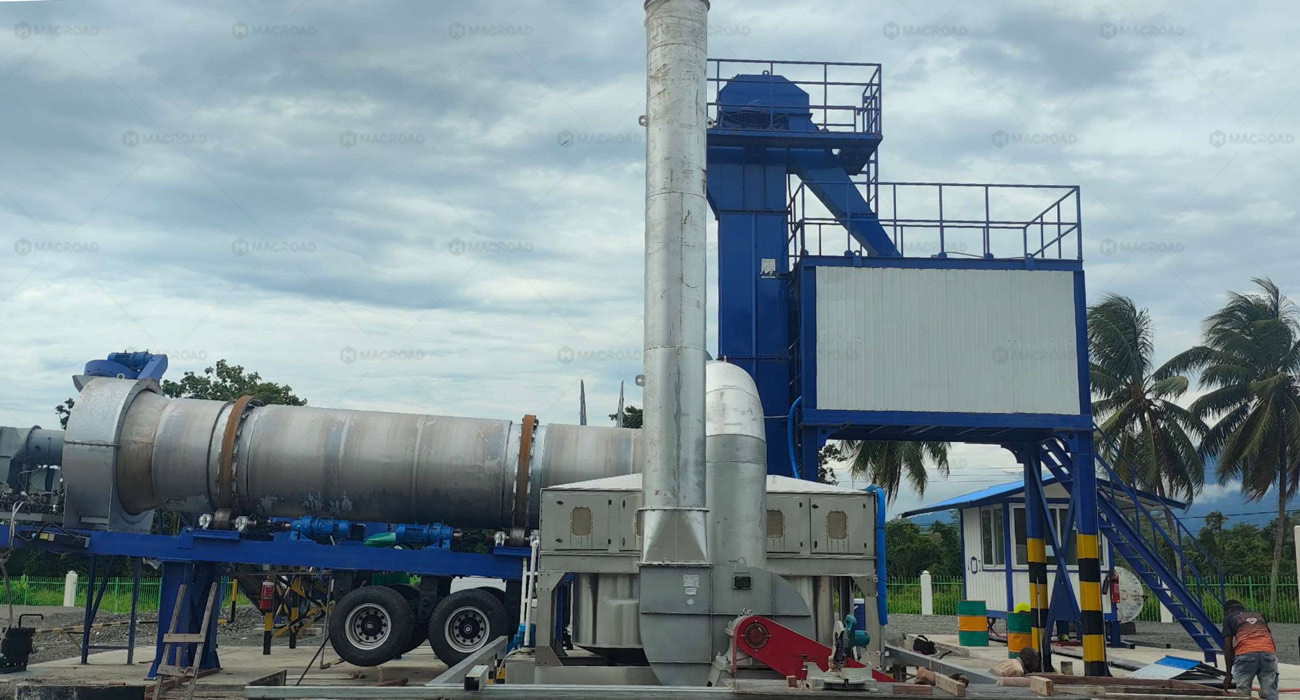
Synergizing Operations for Flexibility
The collaboration between mobile asphalt plant and mobile drum mix plants creates a synergistic operation that enhances overall project flexibility. Construction teams can deploy a mobile asphalt plant for smaller maintenance tasks or localized projects while utilizing a mobile drum mix plant for larger builds.
This dual strategy allows teams to optimize resources and adapt to the varying scales of work encountered across different sites. By having access to both types of plants, teams can effectively allocate production based on immediate needs, which helps to streamline operations and mitigate downtime.
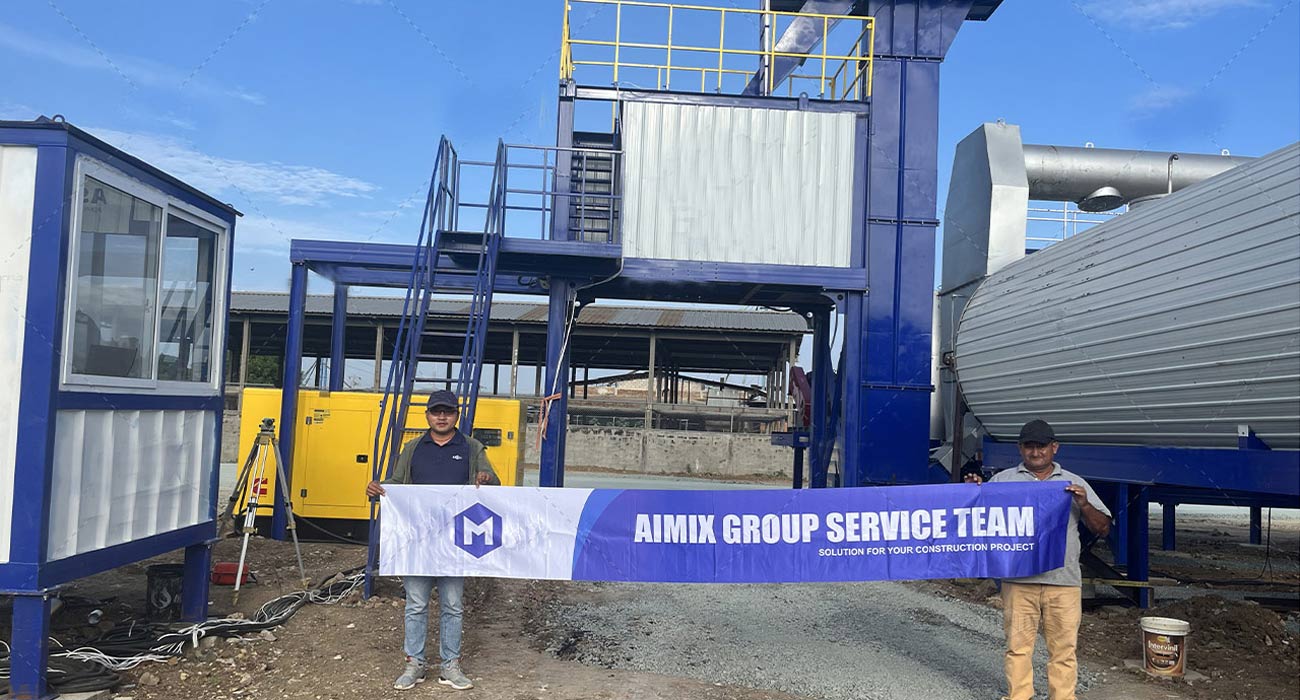
Balancing Cost and Efficiency
In addition to operational flexibility, utilizing both mobile asphalt plants and mobile drum mix plants can provide a balanced approach to production costs. While mobile asphalt plants are typically more suitable for smaller quantities, mobile drum mix plants offer benefits in efficiency when larger volumes are required.
Investing in both options allows construction teams to manage their budgets more effectively. They can harness the cost-effectiveness of mobile asphalt plants for minor projects while keeping mobile drum mix plants ready for larger ventures. This versatile approach not only enhances service coverage but also ensures that teams can respond quickly to changing project demands without overspending.
Conclusion
In conclusion, the integration of mobile asphalt plants and mobile drum mix plant significantly enhances the service coverage and production flexibility for construction teams managing scattered road projects. Mobile asphalt plants offer versatility and quick deployment, making them perfect for maintenance and small-scale builds. Meanwhile, mobile drum mix plants provide continuous production capabilities for larger volume needs. By leveraging the strengths of both systems, construction teams can optimize their operations, balance costs, and effectively meet the diverse demands of their projects. As the industry evolves, embracing this dual approach will remain crucial for success in road construction.

